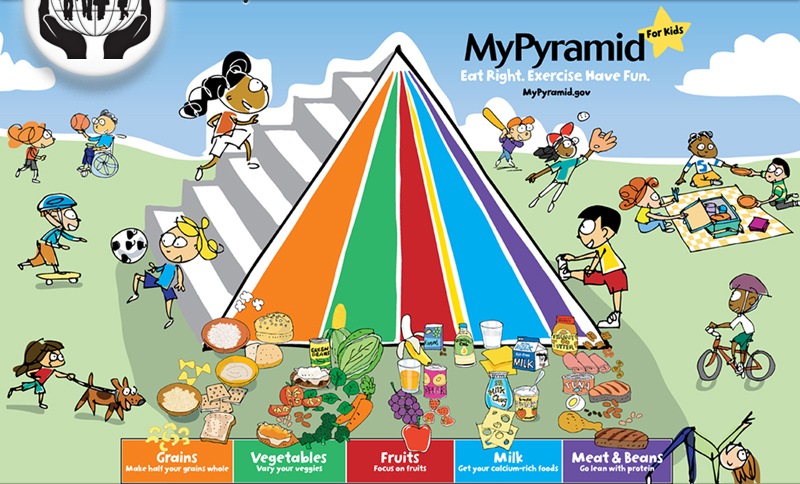 |
|
 |
|
 |
|
About Us
Helping Hands, Inc. is a not for profit 501(c) 3 corporation. We serve approximately 350 family day care providers located throughout the Wasatch Front, from Ogden to Springville, Utah. At this time we do not accept day care providers from outside the state of Utah. We encourage all day care providers to take advantage of this wonderful program.
We accept all licensed and otherwise qualified providers and work with many ethnicities. We have staff members who are fluent in English, Spanish, Vietnamese, and French. Under the oversight of the Utah State Board of Education we administer the Child and Adult Care Food Program (CACFP). CACFP reimburses participating day care homes for serving nutritious meals. Helping Hands, Inc. plays a critical role in supporting home day care providers through training, technical assistance, and monitoring. All family or group day care homes must come into this program under a sponsoring organization such as Helping Hands, Inc. In order to qualify for the CACFP the provider must be either a state licensed day care provider or an alternate care provider (call for more information on this). The day care provider must also attend annual training classes and maintain a safe, secure environment for the children.

Frequently Asked Questions (FAQ)
What is the CACFP?
The CACFP or Child and Adult Care Food Program is a Federal program that provides healthy meals and snacks to children and adults receiving day care. Each day more than 2.6 million children and almost 60,000 older adults participate in the CACFP throughout the United States. Through this program participants’ nutritional needs are supported on a daily basis. The program plays a vital role in improving the quality of day care and making it more affordable for many low-income families.
Who are eligible for the CACFP?
Those eligible for CACFP include:- Children 12 and under
- Migrant children age 15 and younger
- Functionally impaired adult participants
What meals are eligible for reimbursement from the CACFP?
CACFP homes follow the meal patterns established by the USDA. A day care provider must follow this pattern in order to qualify for meal reimbursement.- Breakfast consists of a serving of milk, fruit or vegetable, and grains or bread, a protein may be subsituted for the grain a few times a week.
- Lunch and dinner require milk, grains or bread, meat or meat alternate, a vegetable and a fruit (or a second vegetable, if desired).
- Snacks include two different servings of the four components: milk, fruits, vegetables, grains or bread, or meat or meat alternate.
- *A whole grain rich item must be served at least once per day.
How many meals may a provider claim each day per child?
Every child in care may claim up to (but not exceed) 2 main meals and 1 snack or 2 snacks and 1 main meal per child per day.
Why should I participate in the CACFP, or why should my child’s day care provider participate in the CACFP?
This program is a win-win situation for both the family home day care provider and the state of Utah. The provider receives training in nutrition and sanitation and other important day care issues. They also receive federal monies as reimbursement for the meals they have served their day care children. The providers are visited at least 3 times annually by Helping Hands, Inc (2 of these visits must be completely unannounced) to assure that the meals they are serving follow the prescribed USDA guidelines and that the home remains a safe and health environment for children. On the other hand, Utah retailers and state sales tax benefit from the additional dollars brought in to the state, as well as improved quality and oversight in the home day care settings.
Do you accept community support or assistance?
Yes!
Helping Hands, Inc is consistently looking for community partners to assist in helping potential providers meet the financial burden involved in obtaining their initial day care license (preparing the home, paying for the license, the background check, etc.). The costs involved in the initial phase of licensing can be prohibitive to a lower income family. And because of these costs, many potentially excellent day care providers are unable to begin their dream of assisting the family finances while being able to stay in the home and raise their own children. Community partners are also sought for training and administrative funds above what is available from the USDA. These are used to purchase books, pamphlets, videos and other educational items to help both the provider and the children improve their nutritional and home environments, and to expand the program into other areas where the need for the CACFP has been detected.
 |
|
 |
|








